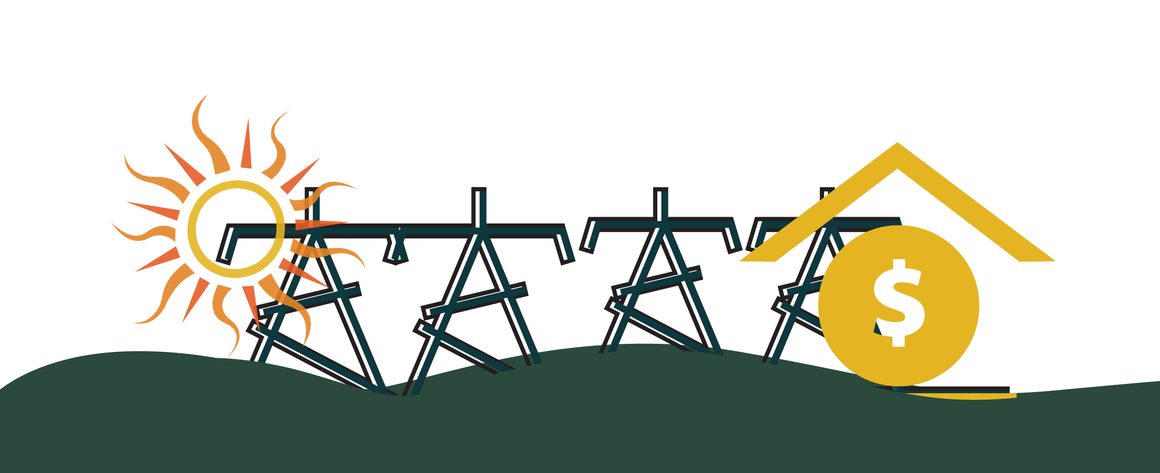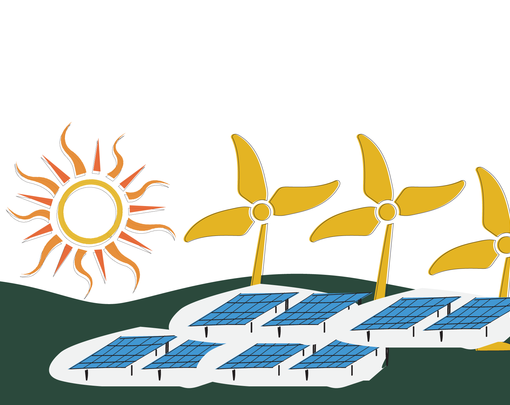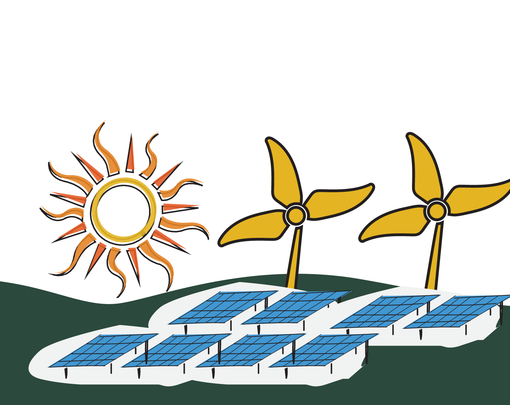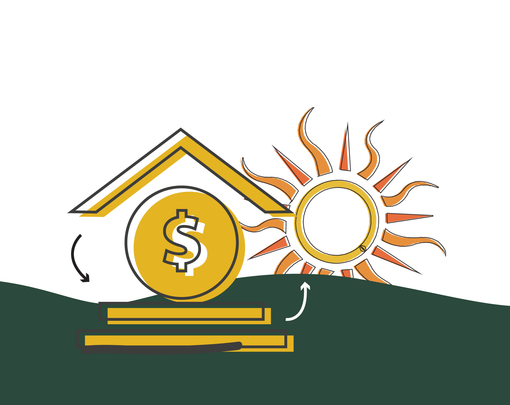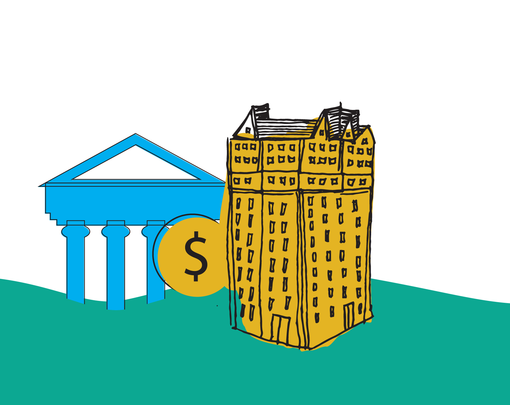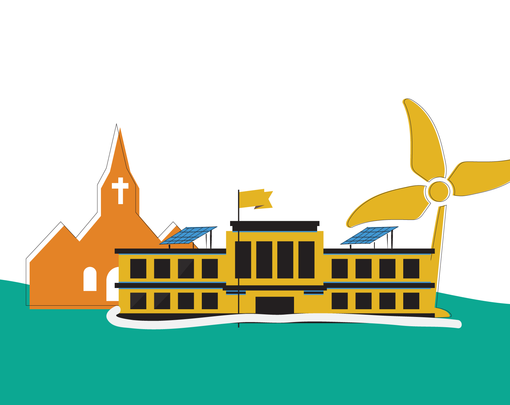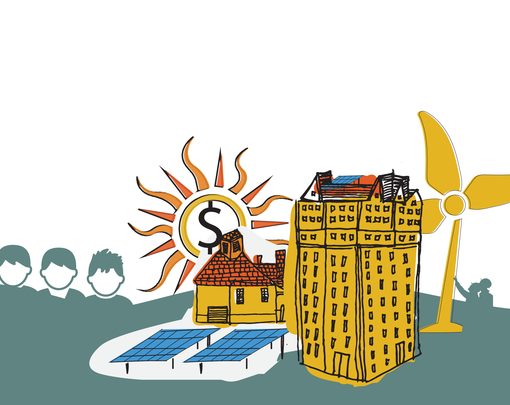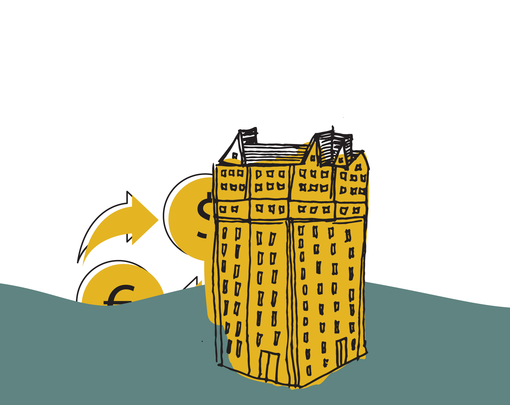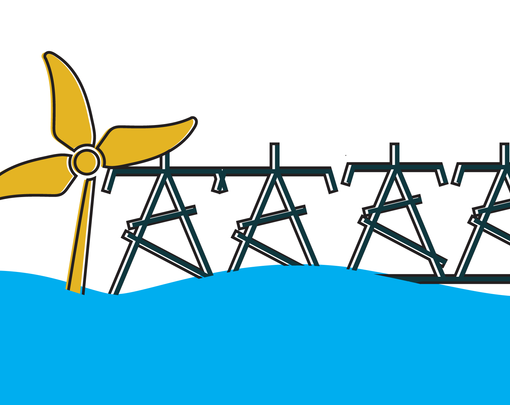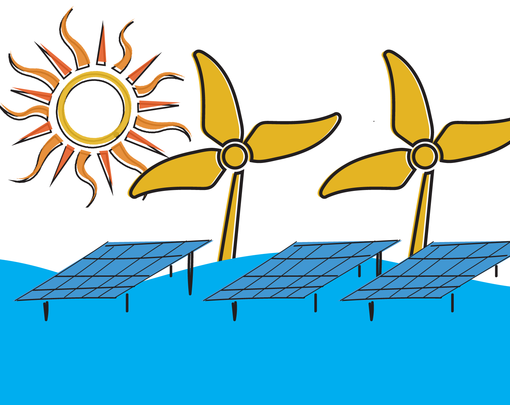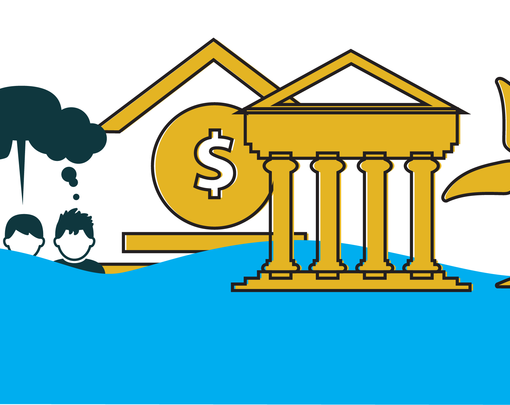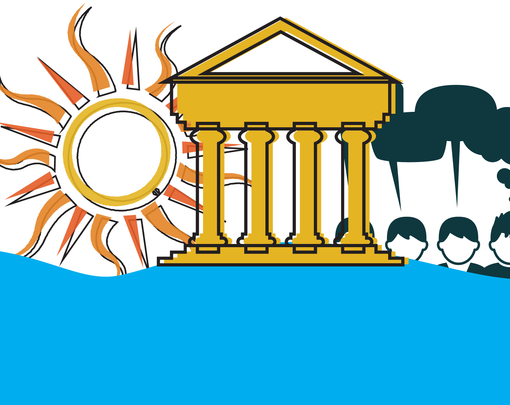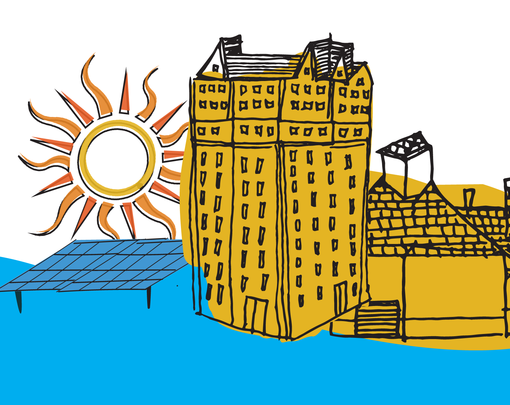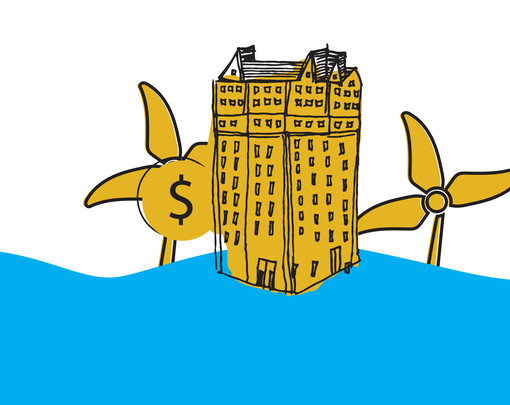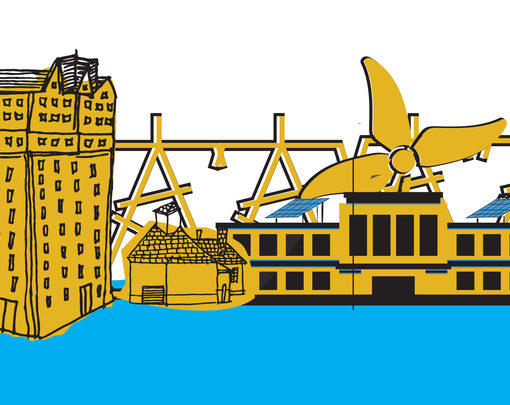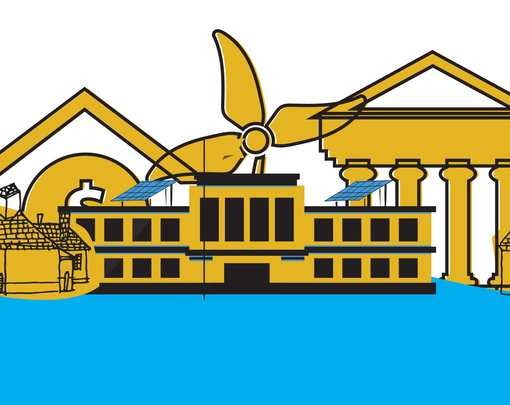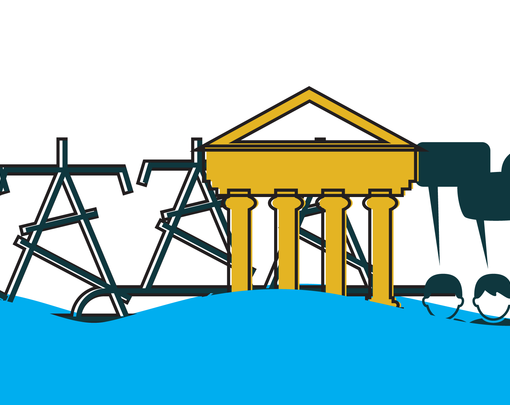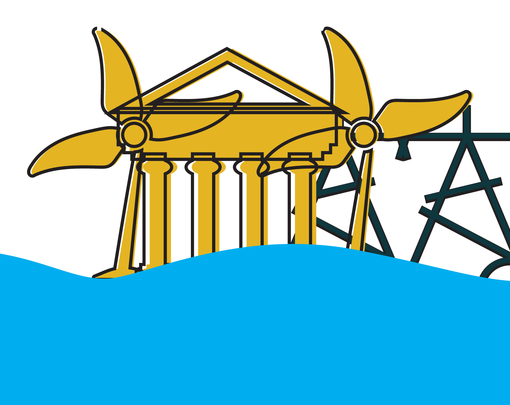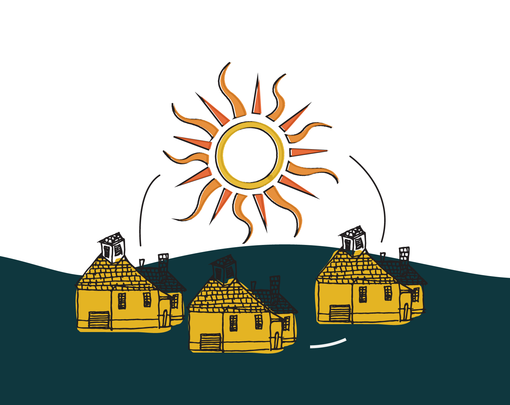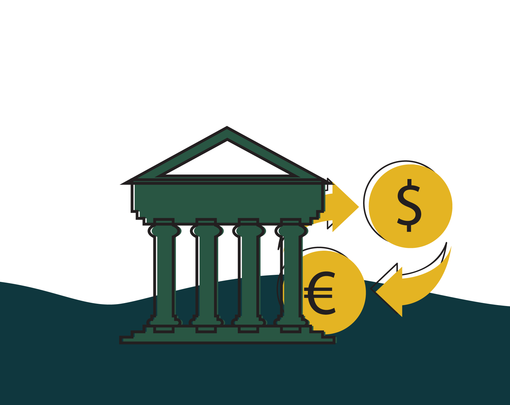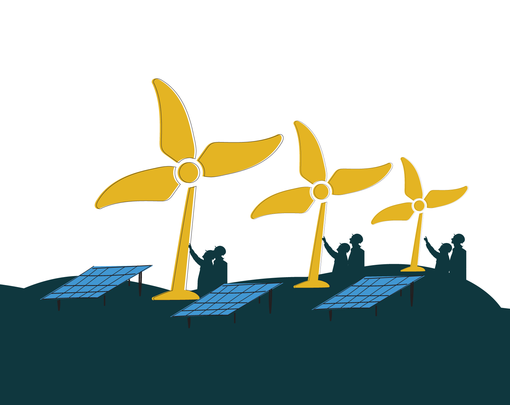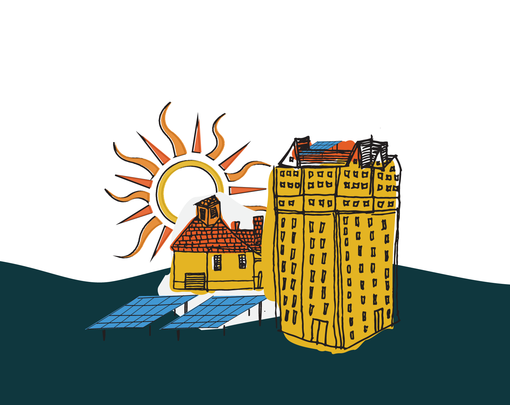Scale up local renewable energy supply and planning across a specified geographic region by clustering local initiatives into regional networks, facilitating regime level change through the coordination of local projects while respecting the autonomy of local energy initiatives.
Policy Support:
Regional networks of cooperatives offer a clear mechanism for developing energy regions based on cooperative principles.
Build Capacity?
Yes. By explicitly centering energy transition on a bottom-up approach grounded in community participation focused holistically on energy across sectors, including those like the built environment which are more immediately visible and present in everyday life, smart energy regions offer exciting possibilities for building popular and effective engagement in the green transition.
Risk & Drawbacks?
Connection to larger-scale initiatives and policies is uncertain. Important to emphasize social technologies of participation, engagement,and democratic governance, as opposed to (merely) information and communications technology driven approaches.
Inspiring Examples:
In the Netherlands, energy regions operate under a democratic and decentralized system of governance. Financial earnings are cooperatively controlled and invested into sustainable projects and technical networks are managed cooperatively as well. In Austria, energy regions have been implemented since the early 1990s, with the aim of developing and implementing visions for regional energy futures using participatory processes of visioning and target-setting.
